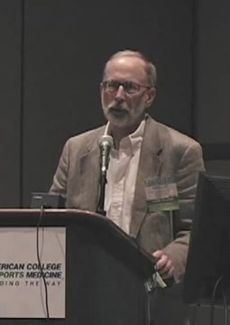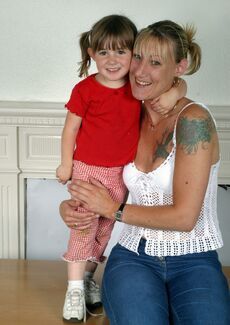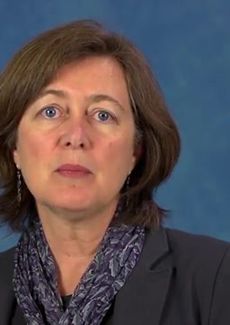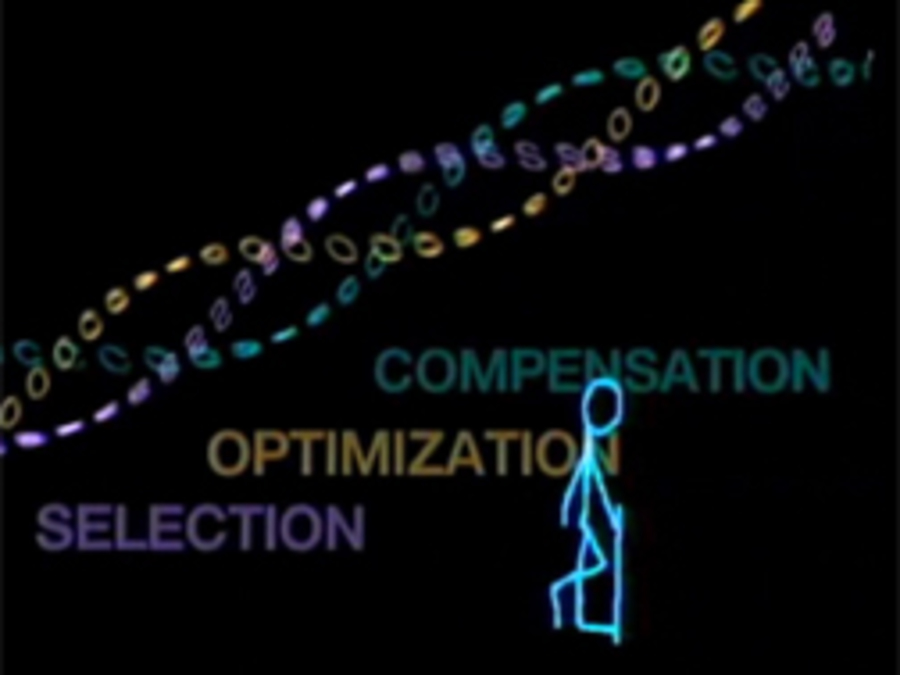 Try these videos to get started. Must be on campus or login with your COM account for off campus access.
Try these videos to get started. Must be on campus or login with your COM account for off campus access.
Want more on finding media? Try Articles & Media.
-
The Age of Aging (44:14)
Description
Humankind has been searching for the fountain of youth since the beginning of recorded history, and in some ways we have succeeded. Scientific advancements have increased life expectancy by fighting back diseases that once killed millions before the age of 60. But now that living into the 80s is commonplace, we face a new problem: by lengthening the period of illness at the end of our lives, we end up with an older and sicker population. To meaningfully improve the life of humans, we need to extend not just lifespan, but health span. A pioneering band of scientists now believe they have the knowledge to identify and slow the mechanisms of aging. Armed with these breakthroughs, they are working to change the way we treat the diseases of aging, as well as the way we think of longevity. This requires a sea change in the hearts and minds of not only the medical community, but also politicians and policy makers.
-
Cognitive Development (58:00)
The aim of this program is to examine Piaget’s theory and to critically evaluate it in light of modern research.
-
Exercise Effects on Brain and Cognition: A Life-Span Perspective (1:54:00)
The (6) presentations from the Featured Science Session at the 2009 ACSM annual meeting on the relationship between physical activity and cognition are included on a single DVD. Almost two hours of authoritative information and insights, featuring: Introduction (Phillip Tomporowski) Fitness and Cognitive Control During Preadolescent Childhood (Charles Hillman) Exercise and the Hippocampus in Elderly Humans (Kirk Erickson) Acute Aerobic Effects on Cognitive Function Across the Adult Lifespan (Keita Kamijo) Acute Aerobic Exercise Facilitates Inputs and Outputs of Information Processing (Michel Audiffren) Just Exercise—Is That All It Takes? (Phillip Tomorowski)
-
Lifespans Are Long Enough: A Debate (1:40:57)
Description
What if we didn’t have to grow old and die? The average American can expect to live to about age 79, an improvement over the days before clean water and vaccines, when life expectancy was closer to 50, but still not long enough for most of us. So researchers around the world have been working on arresting the process of aging through biotechnology and finding cures to debilitating diseases. What are the ethical and social consequences of radically increasing lifespans? Should we accept a “natural” end to life, or should we find a "cure" to aging?
-
The Making of Me (59:00)
Professor Robert Winston follows the development of 25 children born in 2000.
-
The Second Decade of Life Impacts Health and Well-being Over the Life Span (18:00)
This instructional video, from the 'Reaching Teens: Strength-Based Communication Strategies to Build Resilience and Support Healthy Adolescent Development' series produced by the American Academy of Pediatrics, is a discussion about how the second decade of life influences health and well-being over the lifespan.
-
Series: Child of Our Time: A Year-by-Year Study of Childhood Development (12 Parts)
This 12-part series shows viewers the results so far, capturing pivotal stages in each child's learning process, manner of socialization, and physical development.
-
Series: Gerontology: Intellectual and Emotional Development in Late Adulthood
Freud and Piaget were wrong when they tacitly suggested that intellectual and emotional development end at adolescence. Jumping forward from adolescent cognition, this five-part series largely focuses on the years described by Erik Erikson as the eighth stage: maturity. Viewable/printable educational resources are available online. 5-part series, 24–39 minutes each.
![]() Try these videos to get started. Must be on campus or login with your COM account for off campus access.
Try these videos to get started. Must be on campus or login with your COM account for off campus access.






